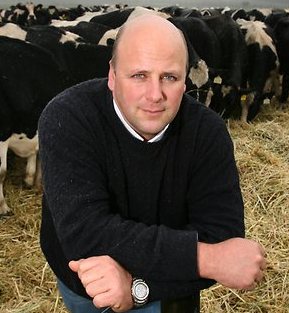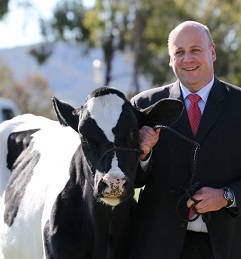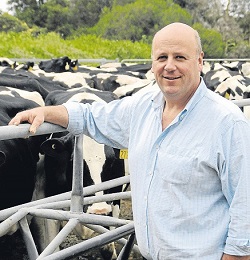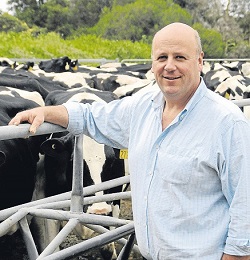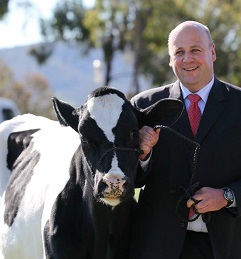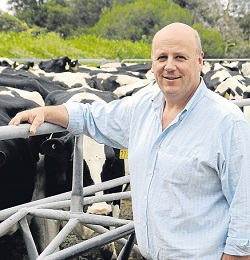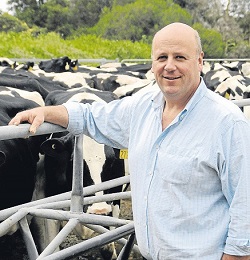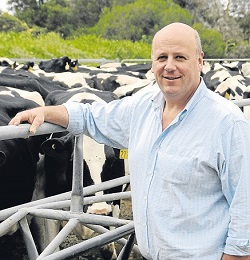Collaboration is the key to get us where we need to be. Our industry relies
on all the elements to operate effectively. Farmers need processors and vice versa – so the solutions require all of us to come together to ensure
a positive future. It is a win win situation.
It is one thing to constantly pick apart the industry to highlight the problems, it is another to actually work together to bring about real solutions
to ensure this never happens again.
Last week the Australian Dairy Farmers held an important meeting with state dairy organisation presidents and processors to address a range of contractual
issues which farmer organisations have been trying to address and rectify for 15 years.
During the meeting we discussed a range of topics including the difficult circumstances of farm gate price reductions, the introduction of new legislation
on unfair contracts which comes into effect in November and the outcomes from the August Symposium held by Deputy Prime Minister, Barnaby Joyce.
This meeting provided an ideal opportunity for the dairy industry to unite and develop a voluntary industry wide code of practice on contractual arrangements
with farmers.
The code will include:
– greater transparency in contracts and supply agreements
– ensuring a pricing formula or a price setting mechanism is clearly defined within a contract
– ensuring pricing adjustments to farmers throughout a contract are clearly defined and that there will be no retrospectivity
– while acknowledging step ups do occur and step downs have occurred in severe circumstances, a principle should be incorporated into contracts
which clearly outlines that as much notice as possible is necessary if a step-down has to occur
– ensuring farmers should receive all payments that accrue over the term of a contract or supply agreement – the final payments of a contract should
not be contingent on the farmer being a supplier when, for example, the June payment is made in mid-July
– ensure that where a processor has a contracted volume limit or a different price for volume above a particular level then exclusivity of supply
to that processor must not occur
– ensuring there is a clearly defined mechanism for giving notice of termination of a contract
– ensuring there is a clearly defined mechanism of how contract terms and conditions can be modified and the farmer having the right to a negotiated
variation, not simply a request from the processor.
Incorporating these principles into a code of conduct will give farmers, or their representative, the opportunity to have a contract or supply agreement
which is truly negotiated and not simply an agreement which is a “take it or leave” it approach to farmer’s milk supply arrangements.
The ADF together with the state member organisations have worked hard since the crisis unfolded to ensure future milk supply agreements are balanced, fair
and transparent. It has been a long process to get to this stage and a major breakthrough for the entire industry.
State dairy farmer organisations have been working to achieve these improvements for many years. By having a national organisation which is well resourced
the States can achieve things together that would be impossible to achieve on their own.
We plan on finalising the draft code as soon as possible, ahead of the new legislation and before the Australian Competition and Consumer Commission inquiry
into the dairy industry is finalised next year.
Now more than ever, the dairy industry needs to remain focused and united in its goals to achieve a shared vision of improving the profitability and sustainability
of dairy farmers and the entire dairy industry in Australia.
David Basham
Acting ADF President

